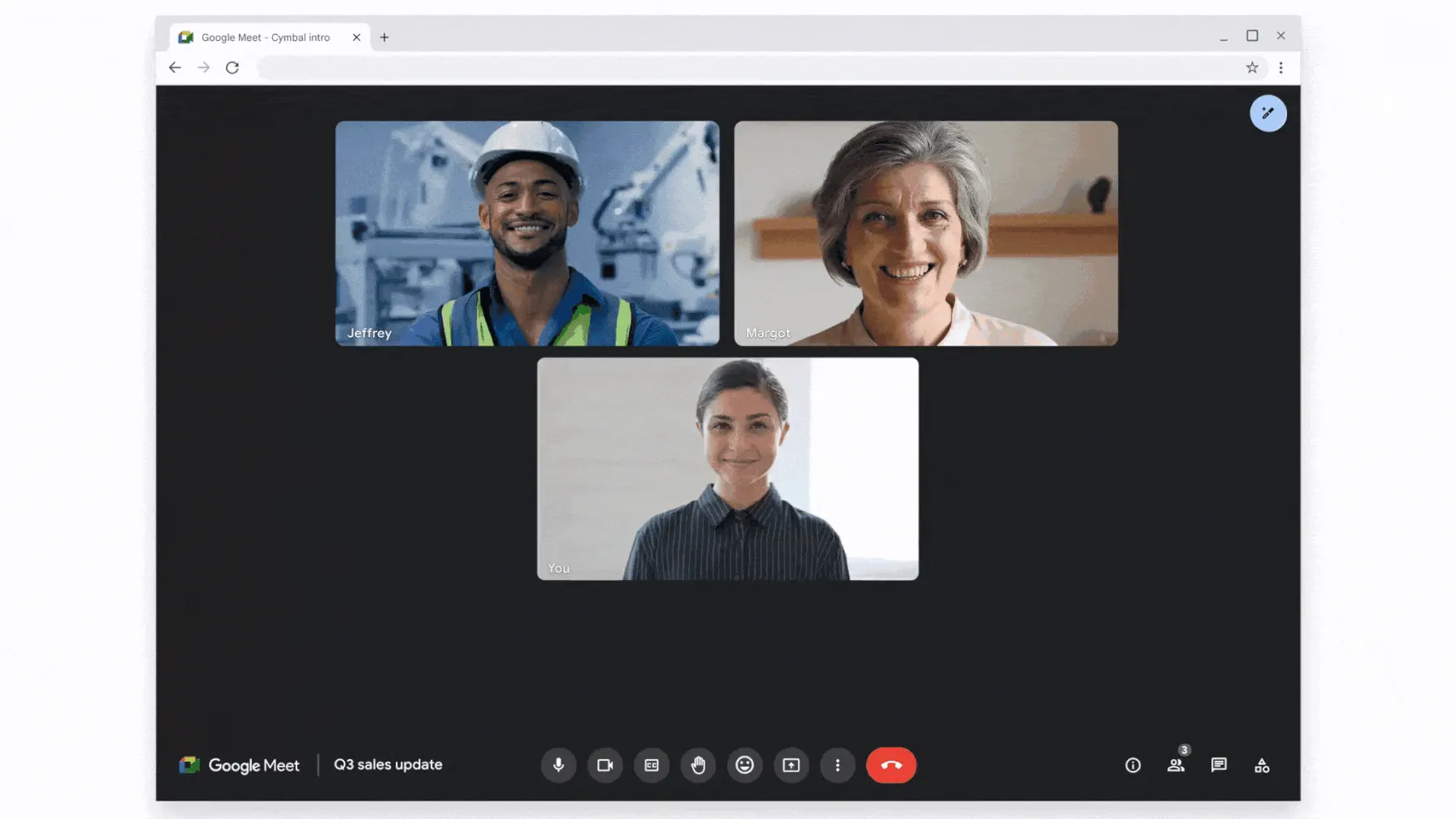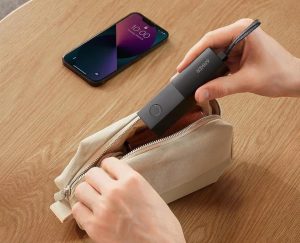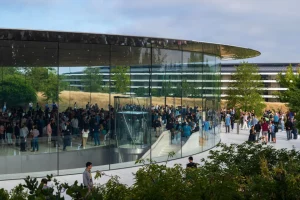At its I/O event, Google unveiled grand visions for its generative artificial intelligence, notably embedding the Duet AI virtual assistant within Workspace productivity tools. Now, professional users of Docs, Gmail, Sheets and the like will witness the roll-out of Duet AI. Additionally, Google Meet and Google Chat will also see the introduction of this virtual assistant.
A complimentary trial of Duet AI is available for Google Workspace. Post-trial, larger entities will incur a $30 monthly fee per user to continue utilizing the virtual assistant in the cloud apps, as reported by The Verge. This pricing mirrors Microsoft’s charge for the 365 AI Copilot in Office apps. The rate structure for smaller businesses remains under discussion.
Duet AI offers a plethora of functionalities aimed at reducing manual effort. For instance, in Gmail, it can autonomously draft an entire email. Furthermore, it can sift through a myriad of emails, documents, and spreadsheets, summarizing recent activities like quarterly business performances. This tool can even formulate a presentation based on its analysis. Nevertheless, it’s prudent to vet the data for accuracy before any corporate presentations. Impressively, Duet AI is adept at generating visuals as well.
Duet AI’s capabilities extend beyond documentation, proving beneficial in platforms like Google Meet and Chat. In Meet, its features vary, with the ability to enhance a user’s virtual appearance and auditory experience, as highlighted by Aparna Pappu, Google Workspace’s general manager and vice president. Using facial recognition and dynamic tiles, Duet AI ensures each participant has a distinct video tile, fostering engagement and camaraderie.
Multilingual capabilities are also incorporated into Meet, offering real-time captions in 18 languages. Interestingly, it can discern when a non-native language is spoken and provide instant translations. By comparison, Zoom has been providing live transcriptions to its free users for almost two years.
Duet AI’s note-taking capabilities are another highlight. A command like “take notes for me” will command the assistant to document essential points and video clips, followed by a summarized dispatch to participants. If attendees join late or miss the meeting’s commencement, Duet AI offers a real-time recap to keep everyone informed.

Google has taken another stride in the realm of virtual assistance by empowering Duet AI to represent you at meetings, delivering your inputs and ensuring you receive a post-meeting summary. Interestingly, if a meeting only has Duet AI proxies for all participants, Google Meet will detect this and conclude the session.
The integration doesn’t stop at meetings; Google is enhancing its Chat platform by introducing Duet AI. The tech giant’s vision for Chat is to rival platforms like Slack and Microsoft Teams, making it a logical choice for entities already using Workspace for other productivity tools.
Duet AI in Google Chat promises seamless conversation catch-ups and document summaries for users, erasing the fear of missing out. Google Chat also flaunts a revamped interface, replete with shortcuts, a superior search function with query suggestions, autocomplete, and autocorrect for error-free messaging. Its capacity is also getting a boost, soon allowing communities of up to 500,000 users. Those seeking voice-based discussions can transition to a Meet-integrated huddle.
Addressing growing concerns around privacy in AI tools, Google assures that Duet AI interactions remain exclusive to the user. Aparna Pappu, Google Workspace’s VP, emphasizes that Google doesn’t leverage users’ data for AI training without explicit consent. These assurances come amidst skepticism about AI tools. Companies have hesitated with ChatGPT due to potential inadvertent data leaks, leading to its temporary prohibition in Italy. Coincidentally, OpenAI, the owner of ChatGPT, recently launched an Enterprise version, emphasizing non-reliance on subscribers’ data for AI model training, echoing Google’s Duet AI stance.
With Duet AI, Google envisions competition for ChatGPT and Microsoft Copilot, even inviting third-party firms to harness its foundational technology. An exciting use case is a forthcoming GE Appliances app that concocts recipes based on refrigerator contents. Additionally, Google plans to democratize access to its PaLM 2 language learning model, previously available to a select few.
Google’s endeavor into generative AI has Sundar Pichai, CEO of Google and Alphabet, focusing on their counterpart to ChatGPT, named Gemini, intending to launch it for cloud clientele once it’s fully refined. As AI demands surge, Google is amplifying its infrastructure. While optimistic, Pichai acknowledges the unpredictable nature of AI adoption, admitting to uncertainties surrounding the extent of its future demand.




